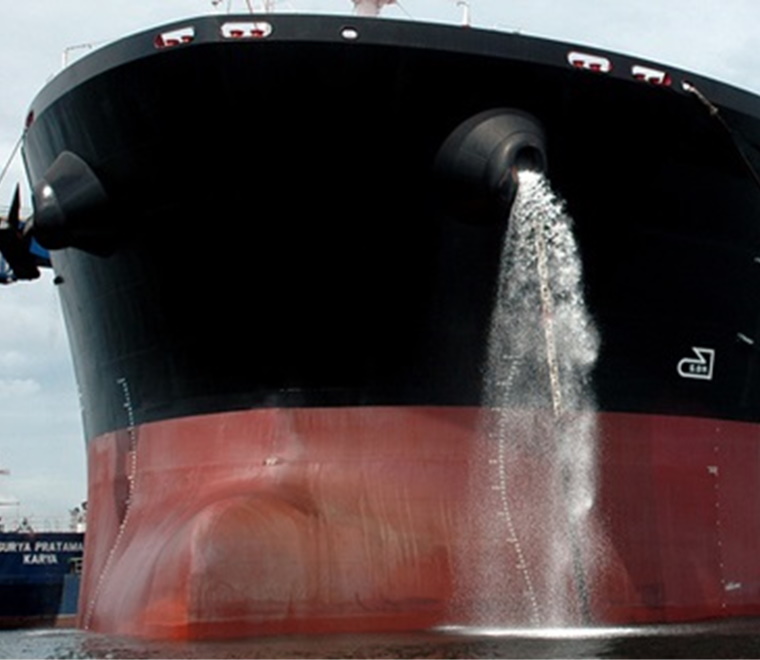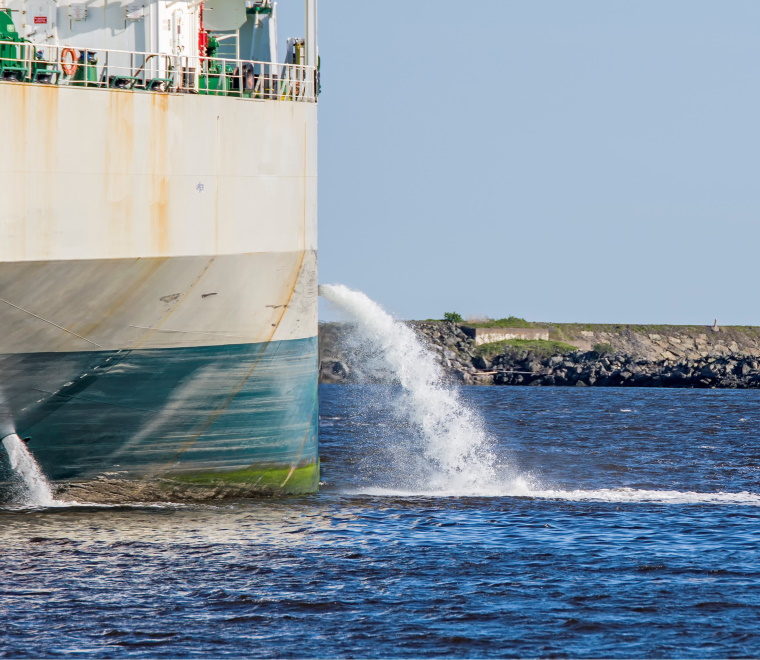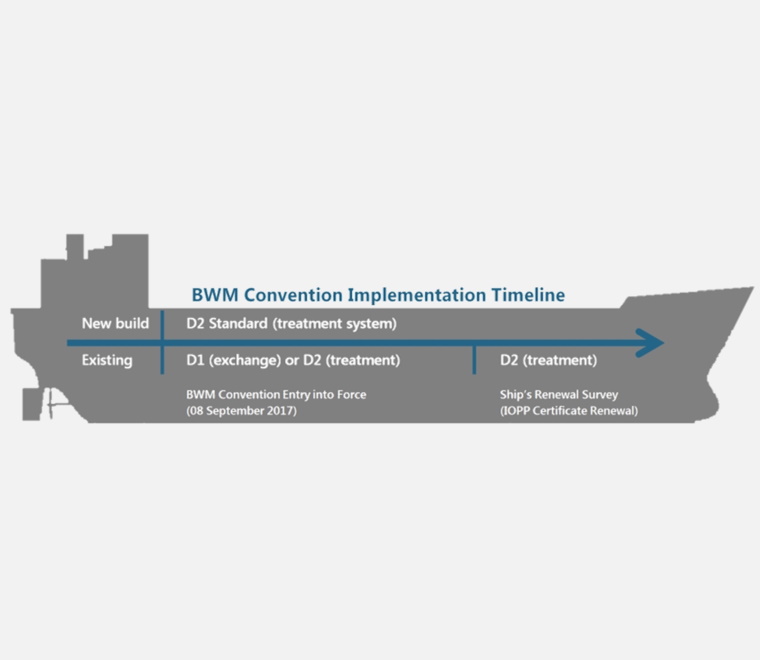
Implementing the BWM Convention in the UK
The MCA is consulting on draft regulations to implement the Ballast Water Management Convention; what will this mean for the maritime sector?
Read article

The BWM Convention seeks to minimise the spread of non-native species through the transfer of ballast water. ABPmer has been commissioned to help Associated British ports and its customers prepare for the implementation of the Convention.
This article was published in 2015. Please see our latest update on the Convention: Implementing the BWM Convention in the UK
ABPmer, a leading provider of specialist services to the ports sector, has been commissioned to help Associated British Ports (ABP) and its customers prepare for the implementation of the Ballast Water Management (BWM) Convention. In particular, ABPmer will provide an overview of the potential risk of species transport through ballast water at each of ABP’s 21 Ports.
The BWM Convention seeks to minimise the spread of non-native species through the transfer of ballast water. Under the Convention, ships will be required to introduce ballast water management systems to treat ballast water on board vessels before it is discharged.
However, shipping companies operating vessels on predetermined routes may be considered exempt from needing to fit such treatment systems, if the risk of transferring marine non-native species from one location to another is considered sufficiently low. The risk is considered acceptable if there is a similar composition and abundance of target species already established at the two ports, or if the salinity or temperature is such that target species would not be able to survive at the recipient port.
The study will identify the potential ports and routes which might be considered low risk, and therefore eligible for an exemption.
Alice Bowles, ABPmer Project Manager said:
“We are delighted to assist our parent company and their customers comply with this upcoming legislation.
Ports, as with vessels, are required to meet a wide range of legal obligations to ensure safe and effective operations with minimal damage to the environment. And, although the BWM Convention places no legal obligations on ports, they do have a duty to protect the environment and therefore, have a role to play in its implementation.
This role is primarily concerned with providing alternatives to ship-board ballast water treatment systems such as supporting the exemptions process and implementing ballast water management plans.”
Liz English, ABP’s Head of Environment said:
“This project will not only allow us to better understand how we can help our customers meet any future ballast water requirements, but ensures we maintain our high standards of environmental protection.
“ABPmer is providing highly specialised technical support, allowing us to prepare our ports and customers to be ready for the BWM Convention.”
ABPmer has been working with the ports sector for over 65 years, and brings to this study knowledge gained from related IMO Ballast Water Convention projects. The company assisted in the development of the IMO Ballast Water: How To Do It? Manual and has considered how the BWM Exemptions apply to the port sector.
ABPmer routinely advises marine sectors on legislative and policy matters and has a long history supporting government and its agencies in developing the evidence base against which policy decisions are made.

The MCA is consulting on draft regulations to implement the Ballast Water Management Convention; what will this mean for the maritime sector?
Read article
At the last meeting the IMO MEPC resolved to approve an amended timetable for when ships must comply with the IMO Ballast Water Management Convention.
Read article
The Ballast Water Management (BWM) Convention was recently ratified and will enter into force on 8 September 2017.
Read article